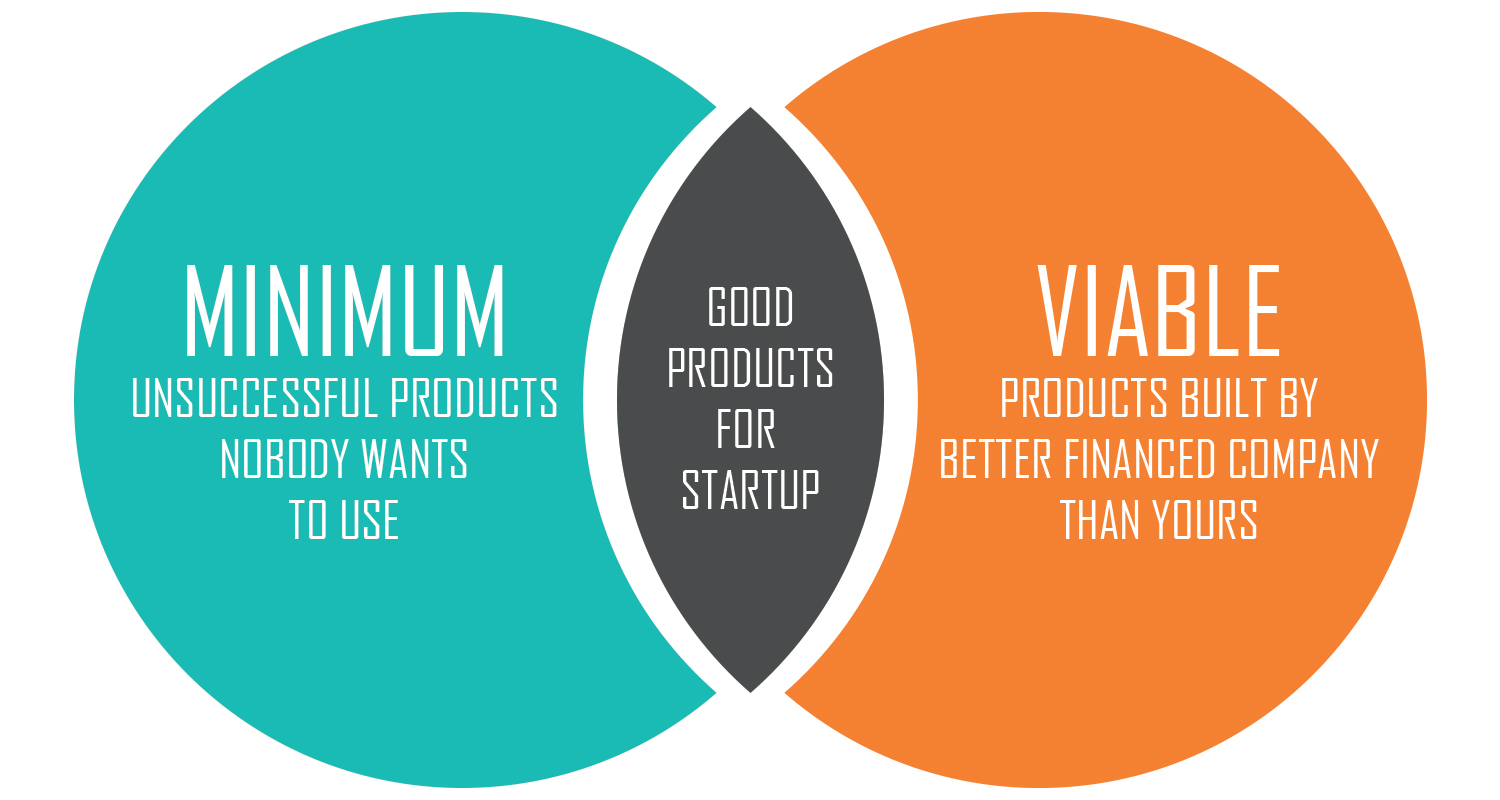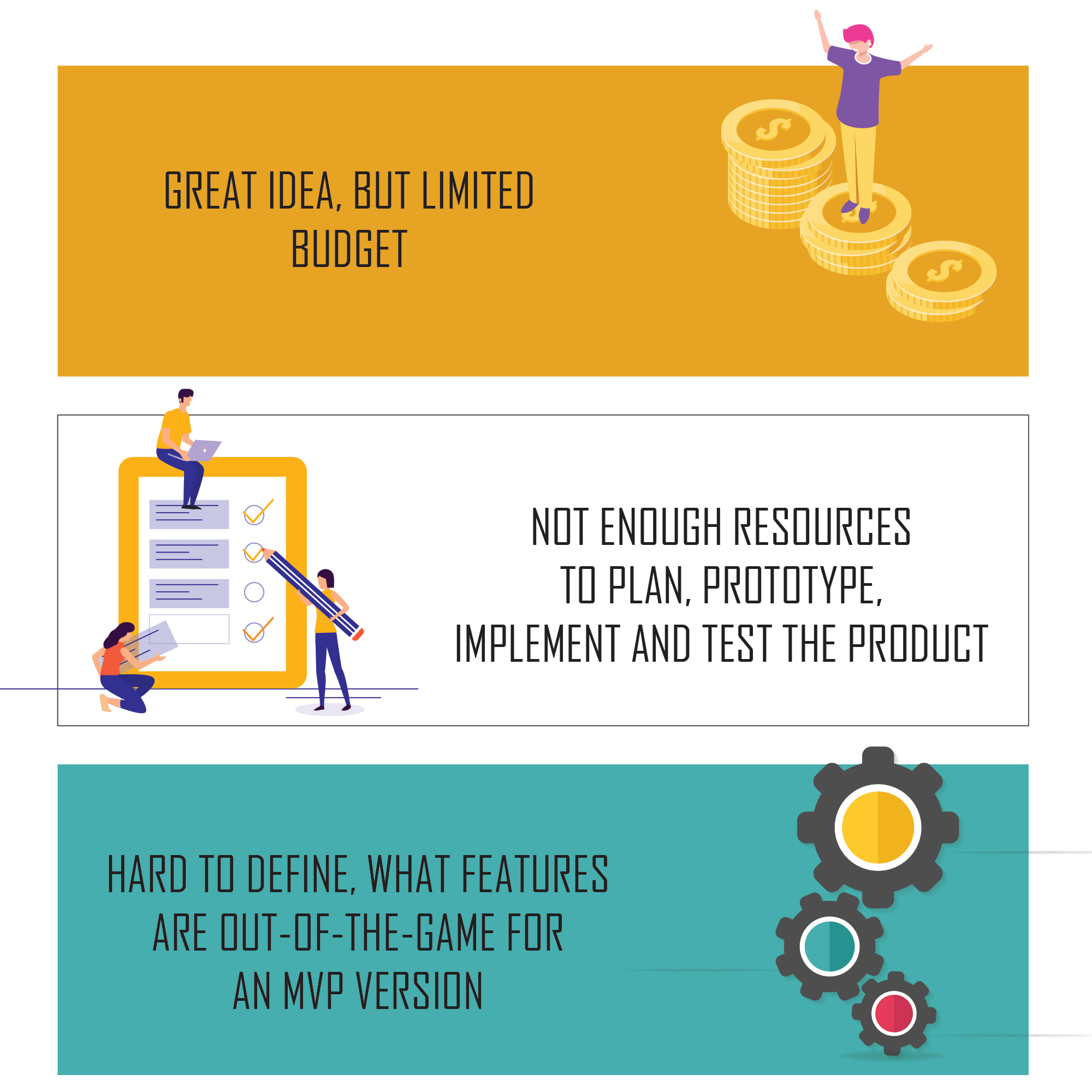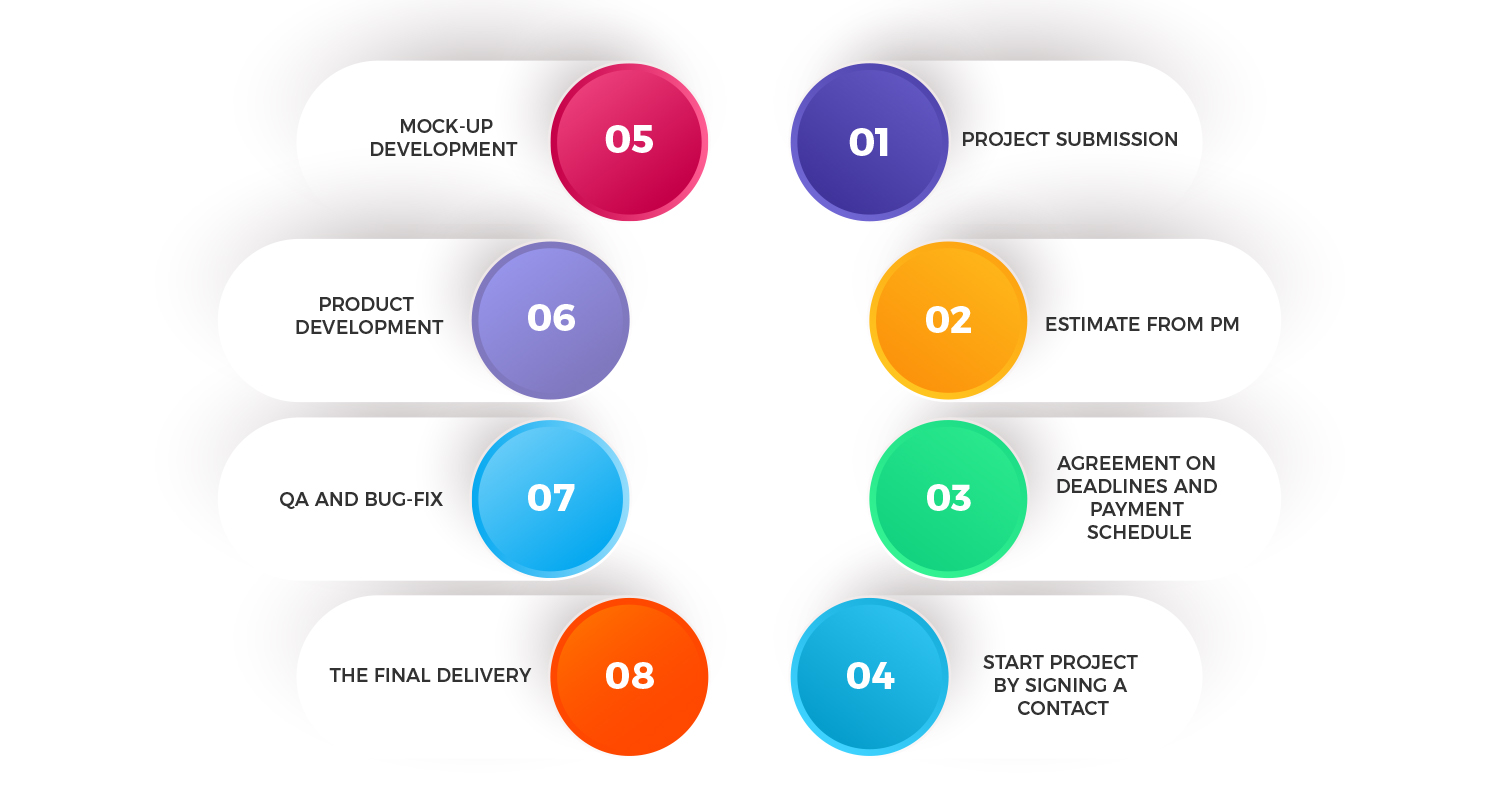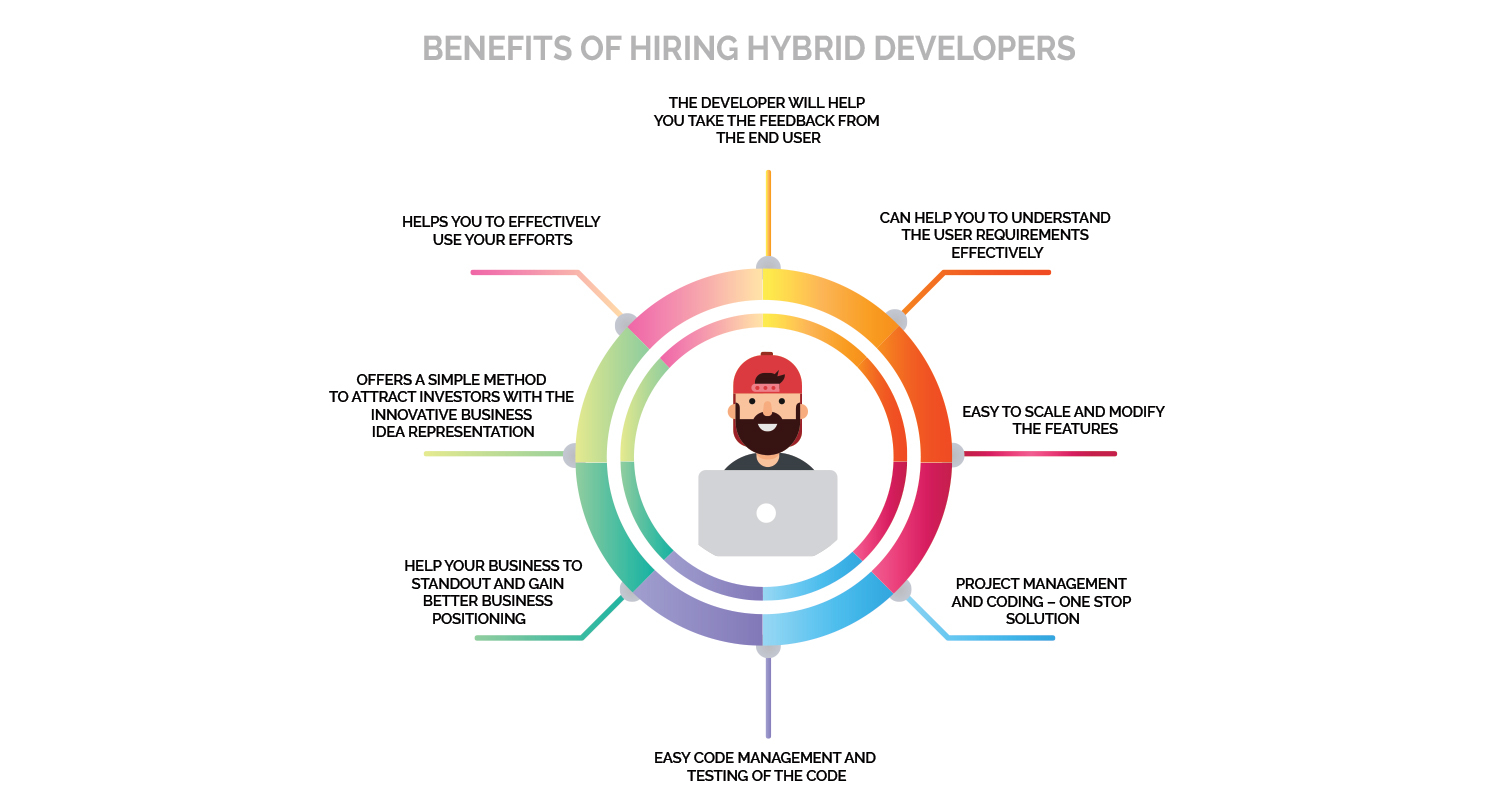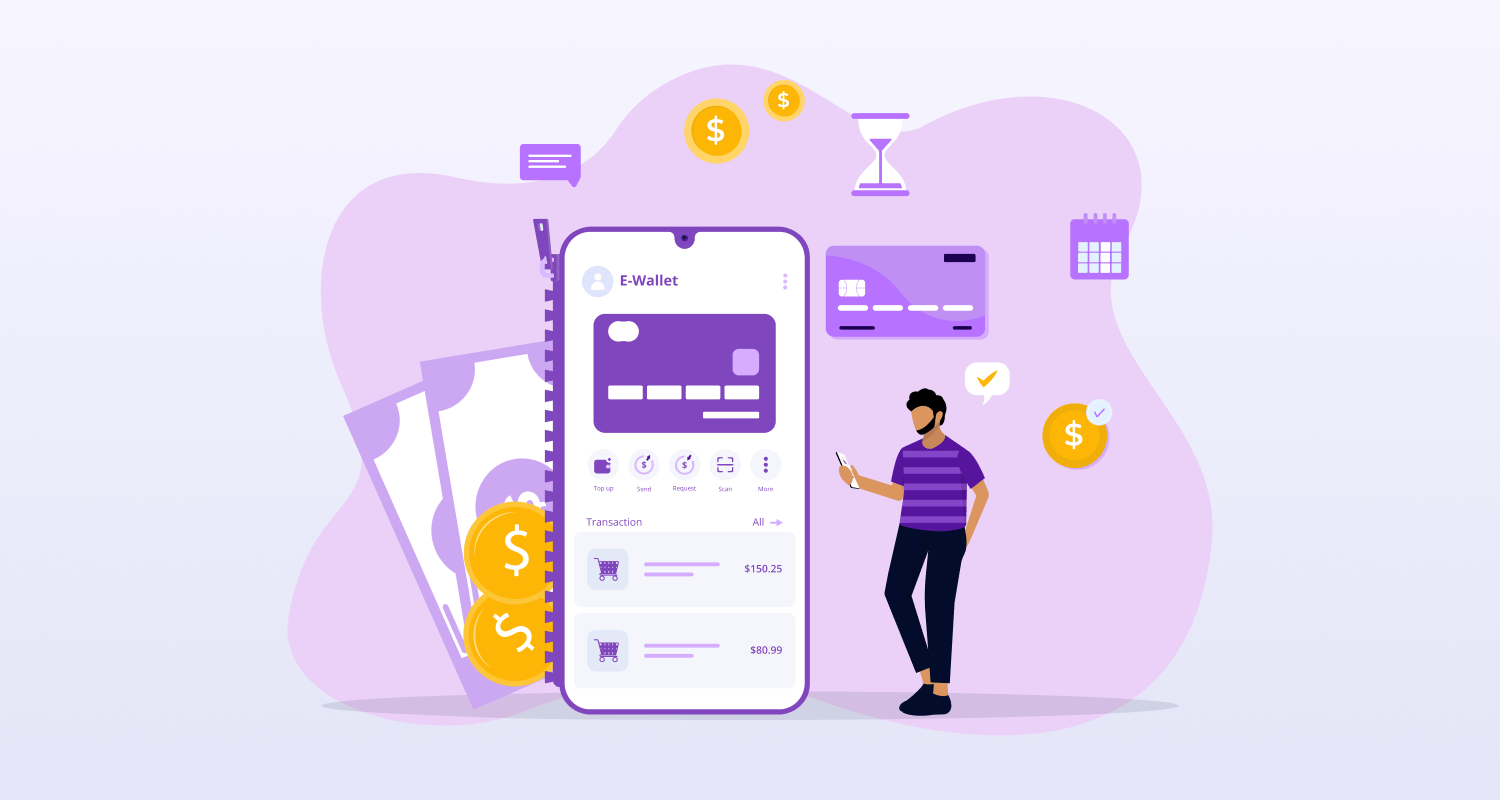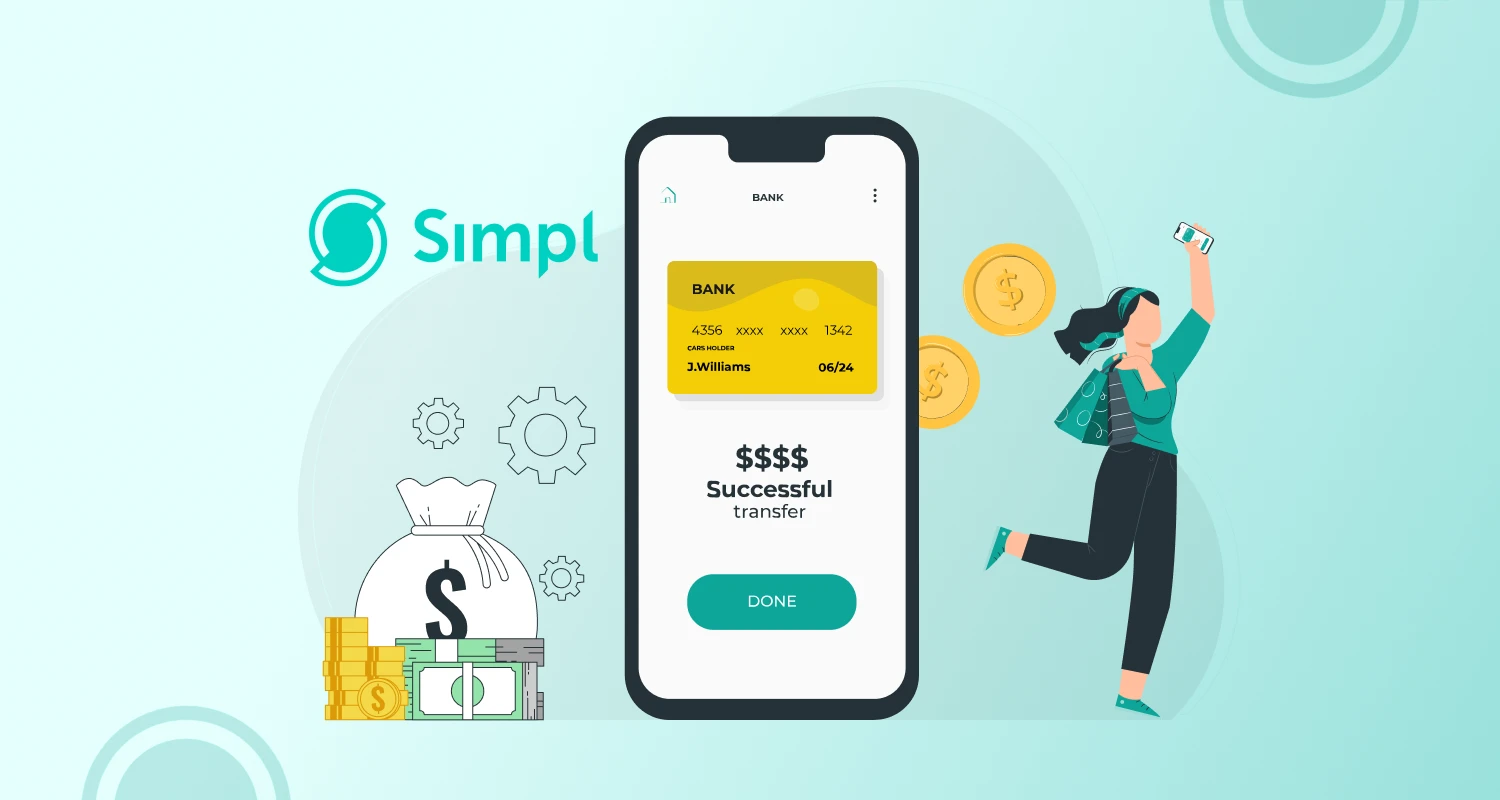As mobile applications become the digital key to success for enterprises, they are now increasingly focused on embracing the best mobile app solution to stay ahead of the competition. Business startups when building mobile apps always want to take the best of both worlds, native, and web apps while trying to keep the development cost lower. This is precisely why cross platform app development services enjoyed so much popularity among startups.
Let’s explain a few aspects that every startup should know before building their first hybrid app.
Importance of Hybrid Approach for Startups
If as a startup you are thinking of building an app for your business, you must be having the question like, whether to build it first for Android or iOS platform. Well, this is the first and foremost question that every developer company faces. Or, you may think of starting with the mobile web first and then building native apps for each platform. Well, from such concern hybrid approach of development brings you a fresh breath of relief.
Let’s break the involving concerns one by one. First of all, you need to deliver an uncompromising user experience which is not possible without a native platform-specific development. But native app development is more demanding in terms of cost and resources. The hybrid app brings you a solution by allowing you to build a cross-platform app with sophisticated native user experience for both iOS and Android version and thus minimising the cost of development in comparison to the native app development.
With hybrid application development, you can ensure having a mobile presence across all platforms while not bearing a hefty development cost for separate OS platforms. A hybrid cross-platform app is built with the same resource while being available across platform-specific app marketplaces.
Should Technology Startups Opt for MVP Hybrid Apps?
For a resource-hungry small technology startup even building a fully featured hybrid app can be a challenging task at the beginning. They cannot afford the entire range of features as they are still at the budding state as startup businesses. For them, MVP can always be regarded as the most appropriate option.
Minimum viable product or MVP is a kind of solution that fits the constraints of the startups. By building a stripped-off version of the app with minimum and only most important app features, an MVP app helps the users and potential investors to see the drawbacks and shortcomings of an app. Over time, the MVP version can incorporate other features and get more fine-tuned with additions and omissions.
The real advantage of MVP is that a startup can build and launch an app really fast and quick while maintaining a minimum cost of development. As an additional advantage, an MVP can always be offered to the investors and users as an executed app idea that can get better over time.
Is the MVP Method Suitable for All Technological Startups?
Now that the MVP approach is popular among startups to build their first hybrid mobile app fast and quick, we once again need to see whether the approach is suited for all technology startups. In this respect let us understand that there are grossly two major kinds of startups as mentioned below:
- Sustaining Innovative Startups: Such startups are mainly focused on satisfying the existing market with predicted solutions for the needs.
- Disruptive Innovative Startups: Such startups create solutions for the new market to address needs that so far remained unaddressed.
It has been seen that MVP is the ideal approach for testing the disruptive innovation while not being effective for evaluating sustaining innovation. An MVP app is great when it is rolled out for an undefined audience in a new market. When you need to test the depths of unknown water it comes as a great solution. In nutshell, MVP is a great approach to develop apps to address new problems with innovative solutions.
Why Opt for Multi-Platform Development?
While most hybrid and MVP loyalists in the industry cite cross-platform or multi-platform development as the principal impetus behind these development approaches, it is required to inquire whether multi-platform development is at all necessary. Let us explain some of the valid reasons to opt for hybrid app development.
- Hybrid MVP app development is a much more effective and cost-effective solution to utilise minimum resources for maximum output.
- With the multi-platform development single code can be reused for multiple OS platforms and devices.
- For developing cross-platform hybrid apps knowledge of complex programming languages such as Java or Swift is not required. Instead, expertise in less technical languages and scripts like HTML, CSS, and JavaScript is required.
- To make things further easier, an array of freely available tools and frameworks such as Apache Cordova are available to bring in native capabilities.
- As for updates, hybrid apps are updated automatically without needing to install the updates. This further saves the budget as updates for multiple platforms can be rolled out at once.
- A hybrid MVP after being released can easily be evaluated and accordingly all downsides can be addressed with future updates. This makes initial development faster compared to the native apps while bringing down the cost and time of development compared to the native apps.
What Challenges Startups Are Facing When Starting With Their App Development?
In spite of the much talked-about advantages of hybrid MVP approach of development, choosing the best technology has always remained a challenge for the startups. They need to choose the technologies carefully as they need to test an app hypothesis in a limited development budget.
In spite of having great innovative ideas for their app, all startup ventures normally struggle with the lack of resources to plan, design, prototype, develop, test and deploy their apps with the right technologies. Moreover, since you need to carefully choose a handful of features for your MVP app, it can be a little confusing at times to choose the right features for the initial roll out of the intended app.
What Are the Signs That Can Indicate You Should Turn to Outsourcing App Development?
Considering the challenges faced by majority of startups in building their MVP app, outsourcing development job for the MVP app is a credible option. Let us now decipher some visible signs that clearly shows outsourcing your MVP app project would do your business more good.
- Lack of any credible experience in managing MVP development projects. For the right prototyping and selection of minimum viable features, a solid project management experience is required.
- Lack of crucial resources for building apps is another negative sign. If a business is full of employees from a non-IT background and has no idea about how to accommodate a development project with the right tools, you should hire mobile app developers for outsourcing the job.
- Finally, it is the lack of expertise in chosen technologies and programming languages that make a big drawback. The in-house developers must have an adequate understanding of the modern development technologies and tools along with experience in similar projects.
Does Turning to Outsourced Product Development Can Be Dangerous?
Though from the above-mentioned elucidation it seems, outsourcing is the only viable option for many startups from the non-IT background, relying on third-party outsourcing companies has its own risks as well. Maintaining the confidentiality of the project and business information is one area of a big risk. Another area of risk is to get the job done satisfactorily. Well, to mitigate such risks of working with outsourcing companies, you can always take the following measures.
- Before finalizing the deal, always insist on signing NDA and refrain from sharing your product concepts and plans without getting a nod.
- Before signing up in the agreement always insist on showing the basic mockup of the app UI. This will ensure that you and the outsourcing development company are on the same page.
- Always inquire about the portfolio and previous track record of the company along with the credentials of the developers involved in your projects.
- Make a very precise estimate along with all the details and charges for separate milestones to ensure legitimate development charges.
- For working with startups, always seek credible references and startup consulting to get assurance.
What Are the Stages of Working with an Outsourcing Company?
Now if you decide to opt for a good outsourcing firm for your MVP development project, you need to take one step at a time. Let’s explain the key stages in brief for working with an outsourcing development company.
- The client first needs to submit the project requirements. Following this, the outsourcing company sends him a detailed estimate broken into several project milestones as per the Project Manager.
- Now, over telephone or video conference other details are discussed and all the questions in the part of the developers are asked to the client.
- Now the client and the account manager of the respective outsourcing company comes to an agreement on the payment and delivery schedule.
- With the agreement on the above-mentioned terms and conditions the client signs the contract agreement.
- As per the scheduled time frames a designer builds and comes prepared with the app wireframes and UI/UX mockups for the client review.
- Following the client comments and suggestions, the designer further works on it.
- Once the design is finalised, the app developers start coding.
- After the product is built it goes for QA testing, bug testing and user testing followed by rectification and fixes.
- Now, the final product is delivered to the client.
Benefits of Hiring Hybrid Developers
- The developer will help you take the feedback from the end user
- Can help you to understand the user requirements effectively
- Easy to scale and modify the features
- Project management and coding – one stop solution
- Easy code management and testing of the code
- Help your business to standout and gain better business positioning
- Offers a simple method to attract investors with the innovative business idea representation
- Helps you to effectively use your efforts
Now, let’s boost your moral by explaining some key advantages of going for hybrid app development and hiring developers with a solid track record in hybrid and MVP development. Let’s understand these advantages of a hybrid development approach.
Low Cost of Development
In comparison to native apps, building hybrid apps is much easier and less demanding in terms of resources. The development cost comes further down for hybrid apps because you can always reuse the same code for an app to be released on multiple mobile OS platforms. As startup companies always work on a very limited budget, this approach saves a lot of cost for the development companies. As for releasing updates with feature changes, the same changes are automatically reflected in all the OS versions of the same app.
Less Demanding in Requirements
To build a hybrid application, the developers don’t require in-depth command in rigorous languages like Swift or Java. Instead, expertise with the common web development languages like JavaScript, HTML, CSS, and frameworks like PhoneGap or Cordova can be sufficient to get things done. Even a regular web developer with some preparation and training can start building cross-platform hybrid apps. This is why hybrid apps are popular among startups who cannot afford developers having rigorous expertise in native development languages.
Offline Support
Hybrid apps are known to store the device API for keeping data accessible when there is no network connection. This offline access to data helps to load apps quickly compared to regular web apps. By partially storing information in the device it allows users to access app information even when the web connection is not available.
Easy to Maintain
Though both hybrid and the native app can utilise all the device features, hybrid apps offer more ease in respect of maintenance. As and when new features are released and new device versions are created, users need to update native apps. On the other hand, hybrid apps simply avoid versioning while remaining completely tuned to the device features. This makes hybrid apps more scalable and adaptable for startups.
Why Choose CMARIX?
CMARIX has established itself as one of the leading enterprise app development companies with a vast clientele of niche startups across the globe. The company has been one of the leading outsourcing development partners for developing the most innovative hybrid apps. Let’s mention the key reasons to choose CMARIX for your hybrid and MVP app development needs.
- Our expertise in hybrid app development is visible through a stunning portfolio of successful enterprise and consumer apps.
- We served a wide variety of niche business needs with our innovative hybrid apps designed and built to perfection.
- We boast of an industry-leading team of experts in both hybrid and MVP development with years of experience.
- We follow an agile development methodology while allowing maximum iteration to deliver a satisfactory product at a quick time.
You may like this: Best Hybrid App Examples
Conclusion
Hybrid apps came as a relief for the startups and MVP development approach made this further easier. Naturally, for a promising startup to grow with measures steps there cannot be a better mobile approach than hybrid MVP app development.



